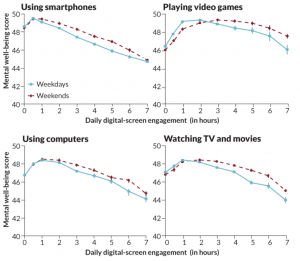Zen master, poet, and global peace activist Thich Nhat Hanh once said,
“We are very good at preparing to live, but not very good at living. We know how to sacrifice ten years for a diploma, and we are willing to work very hard to get a job, a car, a house, and so on. But, we have difficulty remembering that we are alive in the present moment, the only moment there is for us to be alive.”
In an age where we are constantly chasing after the next destination, we have forgotten how to enjoy and live in reality. My dear friend and therapist introduced me to meditation, the practice of bringing awareness, without judgement, to what the present moment has to offer. In my sessions, we focus on the in-and-out breath, acknowledge any physical sensations, and notice and let all thoughts and worries pass by like clouds.
Many people find comfort and meaning in their everyday lives through meditation. From chemical and biological perspectives, how do we reach this gentle state of mind? What changes in the brain when we meditate?
Meditation alters the levels of neurotransmitters in the brain that are associated with stress and anxiety. Neurotransmitters are “chemical messengers” that control and are controlled by our thoughts and emotions. A meta-analysis found that those who meditate have higher levels of serotonin, gamma-aminobutyric acid (GABA), and dopamine neurotransmitters. Serotonin regulates mood, GABA communicates messages between nerve cells, and dopamine affects motivation, learning, and pleasure. The study also found that there is a lower level of norepinephrine, the hormone and neurotransmitter that activates the body’s experience of stress.
Another study found that meditation significantly changes the amount of grey matter in different parts of the brain. Grey matter refers to the main, body component of nerve cells that determines the function of the brain. The research shows that meditation increases grey matter in the hippocampus, the memory and emotion region of the brain, and decreases grey matter in the amygdala, the part of the brain associated with fear.
In the words of my health psychology professor, often times, the simplest things have the greatest impact on our lives. I have found my genuine happiness and peace in this journey of meditation. I hope everyone finds theirs, too.
~Shanna







